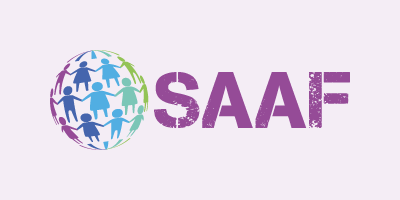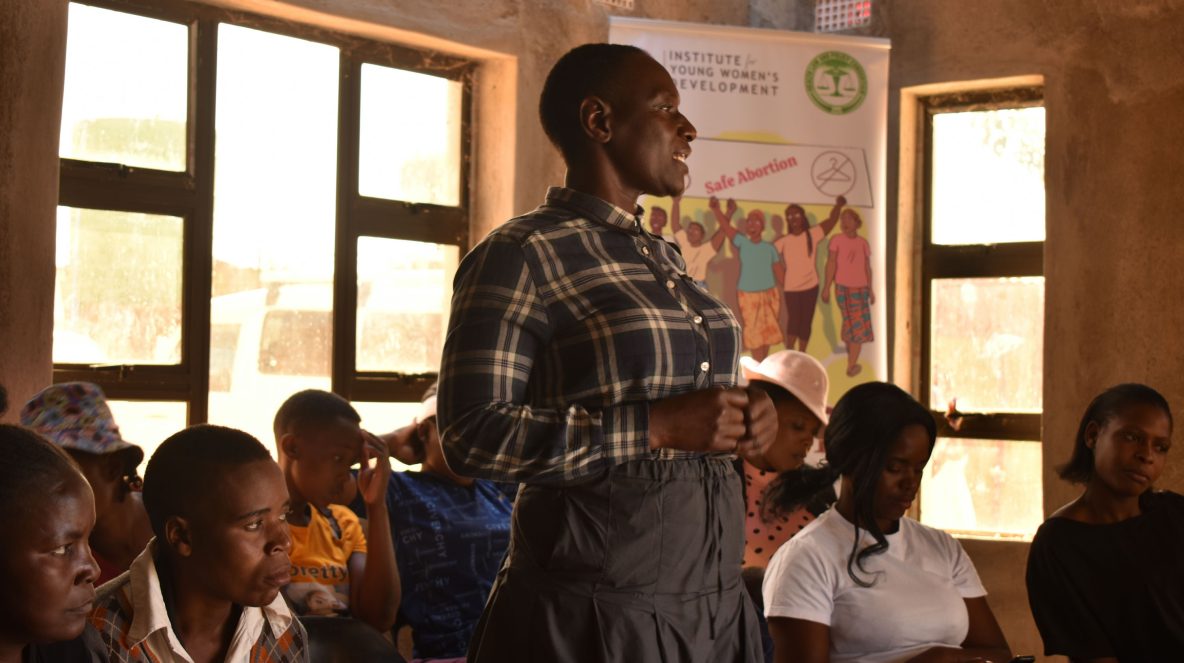Zimbabwe is on the brink of a transformative moment for reproductive rights.
The Termination of Pregnancy Act (TOPA) is a colonial relic, which has remained largely unchanged since its enactment in 1977, pre-independence. The act is currently under review in the Parliament of Zimbabwe and last month, the National Assembly passed progressive reforms to the TOPA at the committee stage, during the debate on the Medical Services Amendment Bill.
These reforms still need to be approved before any changes become law, but if this happens it will be a historic milestone for women’s and girls’ sexual and reproductive health and rights.
What does the current law say about abortion in Zimbabwe?
Zimbabwe’s TOPA has created a restrictive environment with very limited circumstances for lawful termination of pregnancy. Abortion is only permitted either when the pregnancy endangers a woman’s physical or mental health or when the pregnancy is the result of rape or incest. In the latter case, this needs to be certified by a magistrate.
These stringent conditions, coupled with cumbersome legal and administrative processes, have made it nearly impossible for many women, especially those in rural and low-income areas, to access legal and safe abortion services.
Furthermore, the provisions allowing doctors to refuse to provide abortion care (as conscientious objectors) have created a formidable challenge, especially when compounded by the mass exodus of qualified healthcare personnel from the country’s under-resourced public health facilities. These systemic barriers, along with stigma around adolescent sexual activity and high fees for maternal health services, put women’s health and futures at risk.
The consequences of this restrictive framework are devastating. As a 2016 report from Guttmacher shows, unsafe abortions are common in Zimbabwe and 40% of women who undergo them experience complications, yet many do not receive the post-abortion care they need due to stigma, lack of resources, and restrictive laws.
What are the proposed reforms to the Termination of Pregnancy Act?
The current parliamentary review of the Medical Services Amendment Bill (2024) includes:
- Expanding the grounds for legal abortion: The reforms seek to allow abortion on request up to 12 weeks of gestation and up to 20 weeks in cases where the pregnancy poses a risk to the woman’s health, mental well-being, or socio-economic stability.
- Simplifying access to services: The reforms aim to simplify access to services by reducing bureaucratic hurdles and empowering medical practitioners and patients to make decisions, instead of requiring a magistrate’s approval through a cumbersome judicial process.
- Inclusion of midwives: Allowing trained midwives to provide abortion care, especially in rural areas, to address the shortage of medical practitioners.
- Recognition of women’s autonomy: Emphasising informed consent as the sole requirement for terminating a pregnancy, including pregnant minors.
These amendments align with Zimbabwe’s Constitution of 2013 which provides for the right to make decisions concerning reproduction, the right to health and bodily autonomy, as well as international commitments under the Maputo Protocol and Sustainable Development Goals (SDGs).
We are glad to see a positive impact from our advocacy for abortion rights in Zimbabwe.
As the Institute for Young Women’s Development (IYWD) and Health Law and Policy Consortium (HLPC), we are proud to have been part of the movement that made this happen. In 2023, with support from SAAF, we launched a targeted advocacy initiative. We knew that to change the law, we had to change the narrative.
Our strategy was rooted in evidence and human stories. We created two powerful tools:
Our documentary, “The Story Behind the Termination”, captured the raw, human toll of the current law – sharing the experiences of women and girls from our communities in Chimanimani, Mutare, and Epworth. It made the abstract crisis undeniably real for policymakers.
A Position Paper on Safe Abortionprovided decision-makers with a rigorous, evidence-based document that built a clear case for reform. We used this paper directly in meetings with Members of Parliament, community leaders, and health officials to foster informed dialogue.
There is still work to be done to build on the gains made.
Although the proposed reforms represent a significant advancement, further efforts are required to guarantee universal access to safe abortion services in Zimbabwe.
For example, stigma and misinformation about abortion remain widespread. Public educational efforts must focus on normalising abortion as a healthcare service and dispelling harmful myths. We also need strengthened health systems, with investment to equip health facilities with the necessary resources, including trained personnel and essential medications, particularly in rural areas.
Safeguards must be put in place to ensure that conscientious objection by healthcare providers does not impede access to services, and we want to see robust monitoring and accountability systems in place to track the implementation of the new law and ensure that women’s rights are upheld.
Our hope going forward.
The reforms to Zimbabwe’s Termination of Pregnancy Act represent a critical opportunity to advance reproductive justice and save lives.
While this reform marks a monumental step forward, much remains to be done to make safe abortion a reality for all women and girls in Zimbabwe. The Bill, now incorporating the aforementioned progressive amendments, has been referred to the Parliamentary Legal Committee for final review on constitutionality before returning to the House for adoption. Once adopted it will be forwarded to the Senate for another debate, and if it sails through, it will await Presidential assent to become law.
We will continue to inform, influence, and monitor the bill’s progression. Specifically, IYWD and HLPC will continue to deploy a multipronged strategy, engaging women and girls to influence their Members of Parliament, conducting discrete advocacy engagement meetings with senators, and engaging traditional leaders to get their buy-in on the importance of the proposed reforms to women and girls.
We are hopeful for a future in which Zimbabweans’ rights to safe abortion are fully realised.
By Ashley Maponga, Institute for Young Women’s Development (IYWD) and Dorcas Tatenda Chitiyo, Health Law and Policy Consortium (HLPC) – these two organisations form the SAAF-funded coalition ‘Zi-Safe’.




